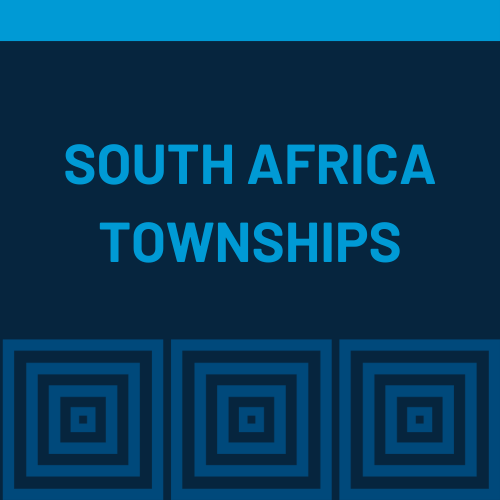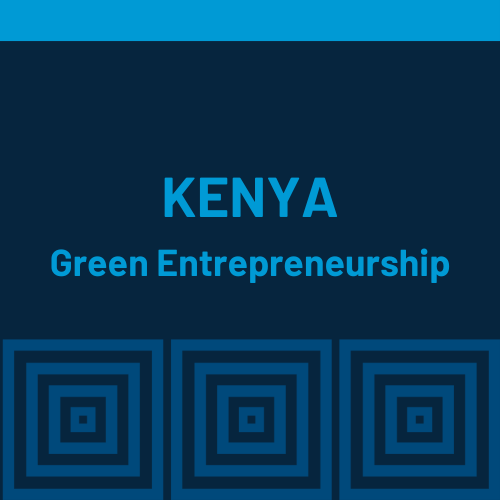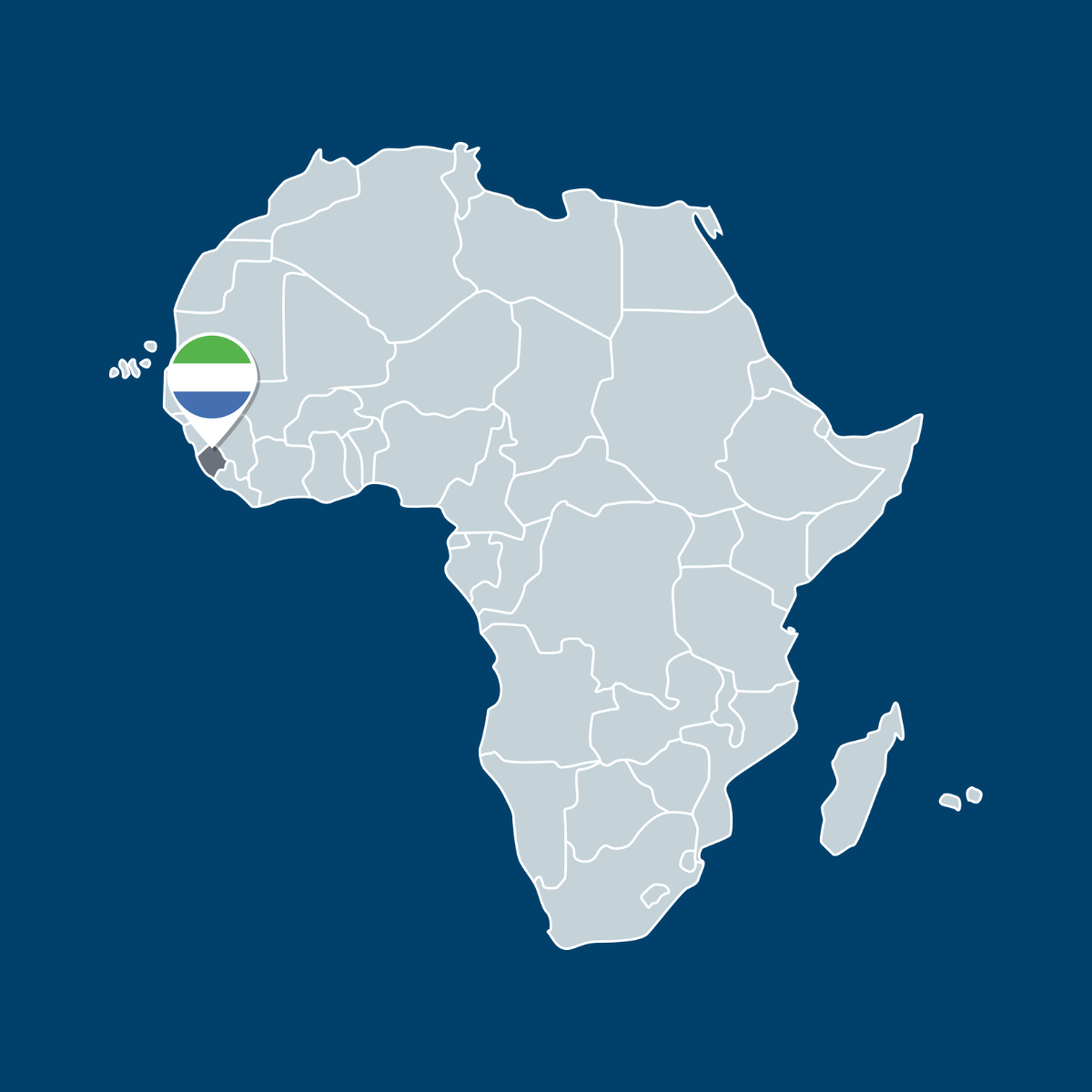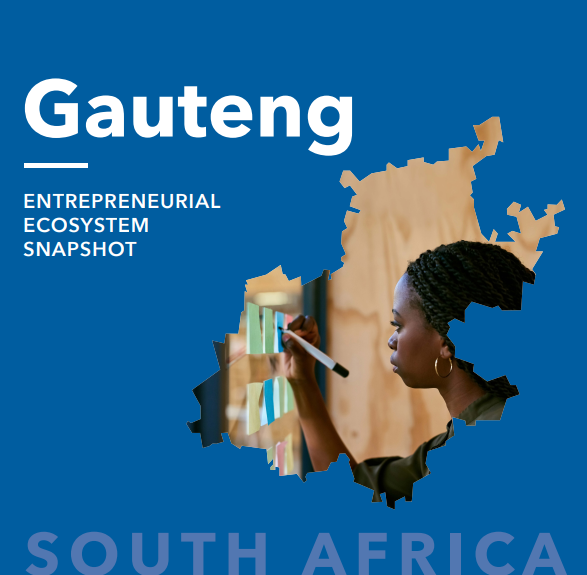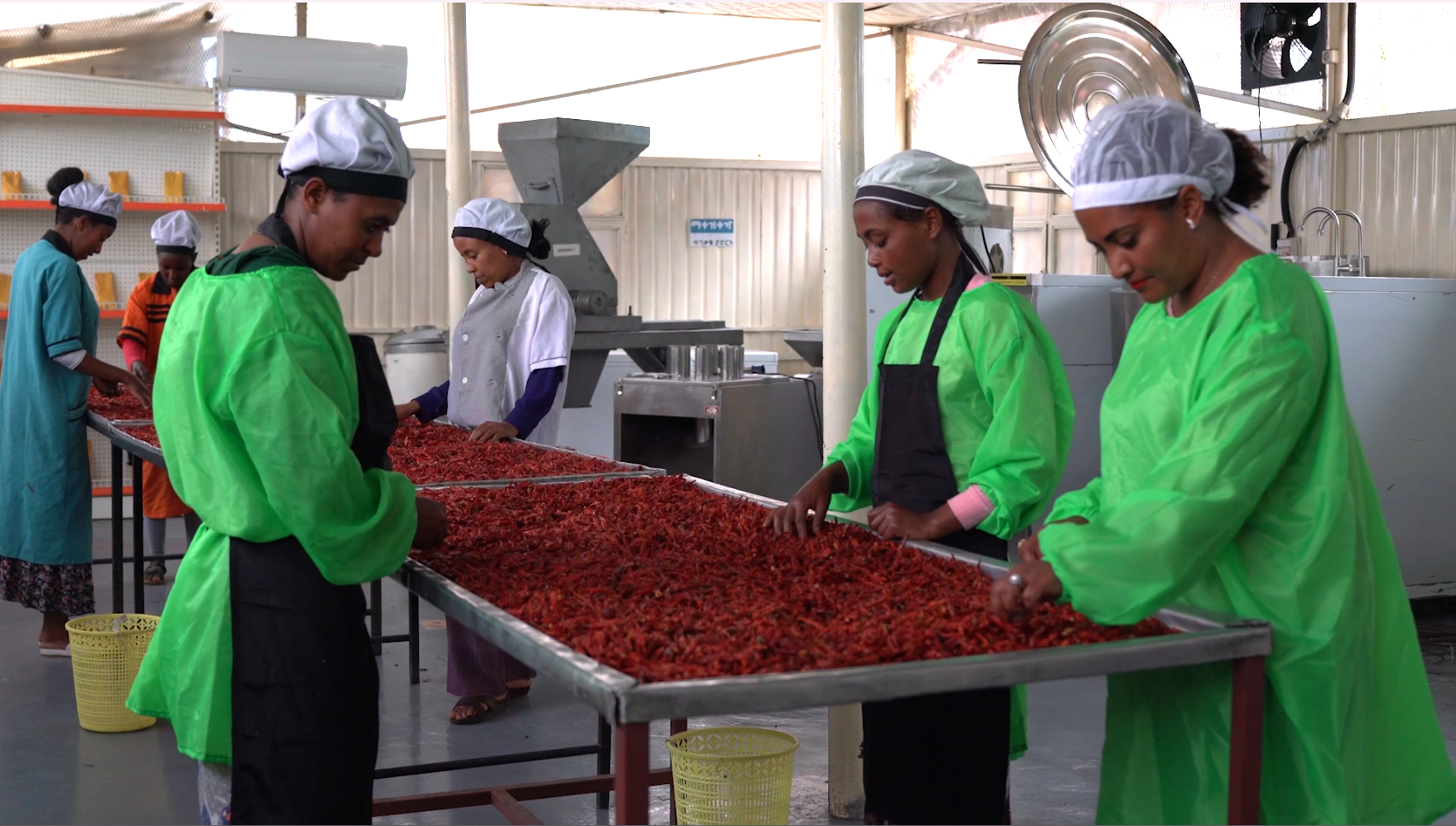
Improving the visibility and accessibility of ecosystems for all, one map at a time.
Every entrepreneur operates within an ecosystem that determines the access to talent, finance, and markets that they need to grow their business. ANDE’s Entrepreneurial Ecosystem Maps provide a never-before-seen glimpse into the players within entrepreneurial ecosystems, allowing stakeholders to access a full list of organizations supporting entrepreneurship in a given geography, including investors, donors, capacity development providers (such as accelerators, incubators, business training programs, etc.), academic institutions, government agencies, media, and more.
ANDE Ecosystem Maps are used by entrepreneurs, support providers, and donors to:
-
-
- Navigate the support available to entrepreneurs based on their region, sector, and stage;
- Identify gaps in the support available to entrepreneurs in the ecosystem; and
- Connect with other stakeholders in the ecosystem that have similar goals/missions.
-
Explore Ecosystems
ANDE has been mapping ecosystems for more than 10 years. Now, we’ve partnered with EcoMap Technologies to offer more user friendly, regularly updated maps that help entrepreneurs and support organizations effectively navigate the various resources available in developing economies around the world. Each mapping is hosted on a unique URL which allows for advanced filtering and for periodic updates as ecosystem actors change.
Click on a location below to navigate to our maps. The country maps feature interactive, filterable web directories that catalogue a broad array of ecosystem stakeholders, including investors, entrepreneur support organizations, academic entities, and donors across the mapped ecosystems.
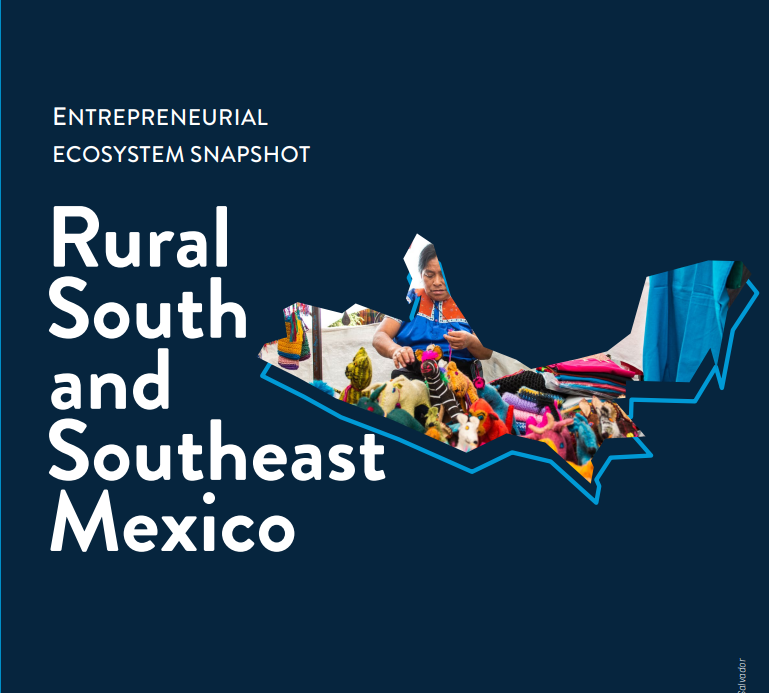
Mexico is a burgeoning economy, ranking as the second largest economy in Latin America. According to the OECD, there are at least four million SMEs in Mexico, most of which are microenterprises. However, both culturally and politically, Mexico is making efforts toward encouraging more growth-oriented entrepreneurship, with Mexico City, Monterrey, and Guadalajara becoming known as entrepreneurial hubs.
There is also a focus on entrepreneurship outside the major cities, with rural areas in Mexico increasing in employment opportunities and entrepreneurship rates. However, South and Southeast Mexico still lag behind the northern and central areas of the country.
There has been less research conducted specifically on entrepreneurship in South and Southeast Mexico, defined in this study as the states of Campeche, Chiapas, Guerrero, Oaxaca, Puebla, Quintana Roo, Tabasco, Veracruz, and
Yucatán. A significantly greater proportion of the population in these southern states live in poverty compared to the rest of the country,7 and thus, how entrepreneurship may contribute to local economic growth in these regions is of interest to the international development community. A first step to understanding the current
support available to entrepreneurs is to identify the various actors in the entrepreneurial ecosystem.
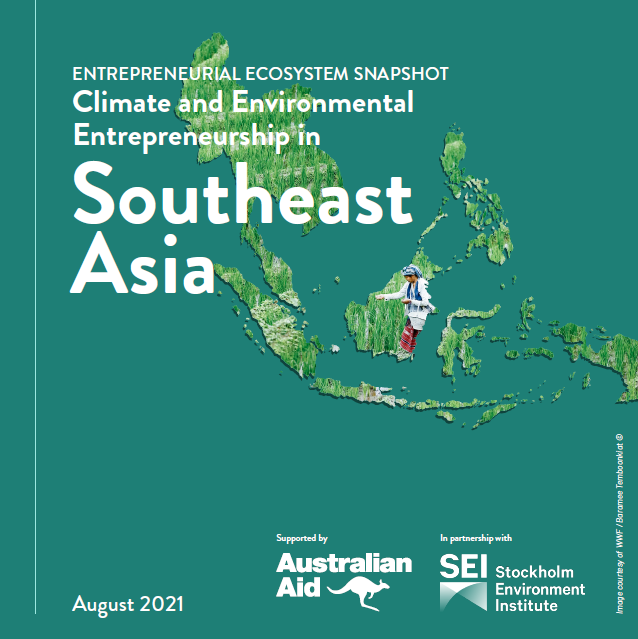
Southeast Asia is one of the fastest-growing regions in the world, with a total GDP of over USD 2.7 trillion. However, its progress is threatened by the increasingly adverse impacts of climate change. Entrepreneurship has a leading role in developing solutions to both mitigate and adapt to climate change. This report evaluates the current support ecosystem for climate and environmental entrepreneurs in six developing Southeast Asian countries: Cambodia, Indonesia, Myanmar, the Philippines, Thailand, and Vietnam. Through ANDE's data collection and analysis, this report offers insights on the set of organizations supporting entrepreneurs that aim to address climate change mitigation, adaptation, and non-climate related environmental protection challenges.
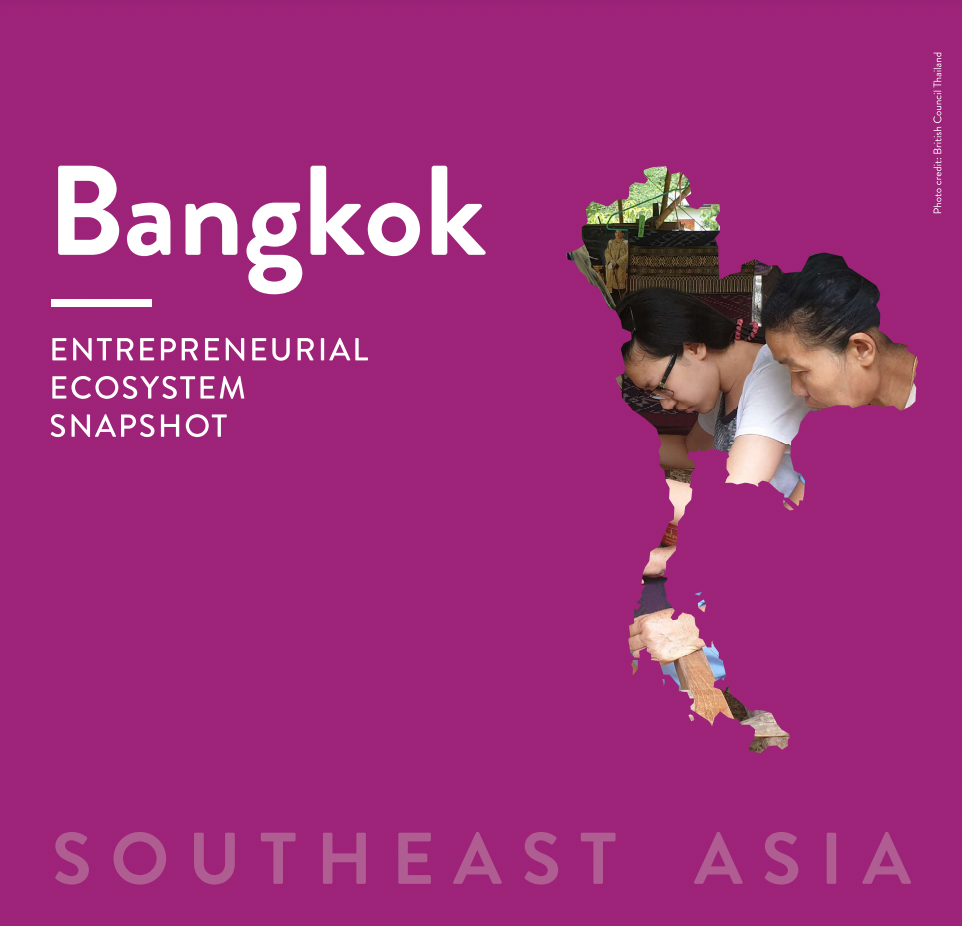
"Bangkok is the vibrant capital city of Thailand, known for being a popular tourist destination. The city’s population, which accounts for 15% of the country’s population, and its significant urban sprawl make it the country’s largest and a critical part of the national economy. ANDE identified and collected data on 267 ecosystem players actively supporting entrepreneurs and small businesses in Bangkok."
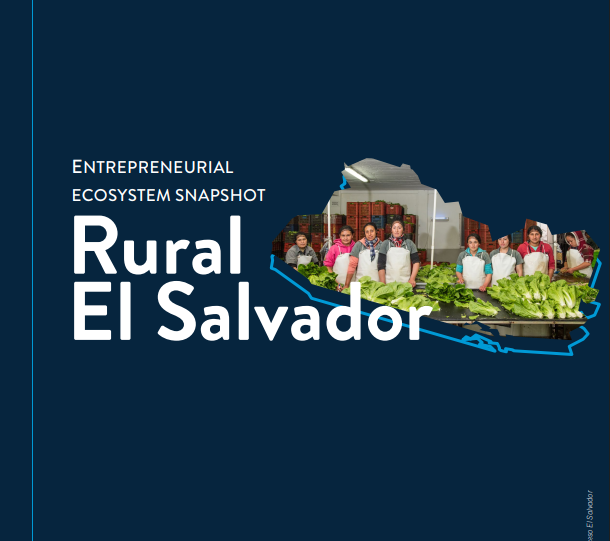
"As the rural population continues to decline and the country’s economic landscape continues to evolve, it is important to understand how these shifts affect one of the backbones of employment and economic activity in the region – rural entrepreneurs. This report aims to take stock of the current support mechanisms directed toward entrepreneurs in rural areas in El Salvador. The following sections offer insights based on data collected from organizations that support entrepreneurs in rural areas of the country"
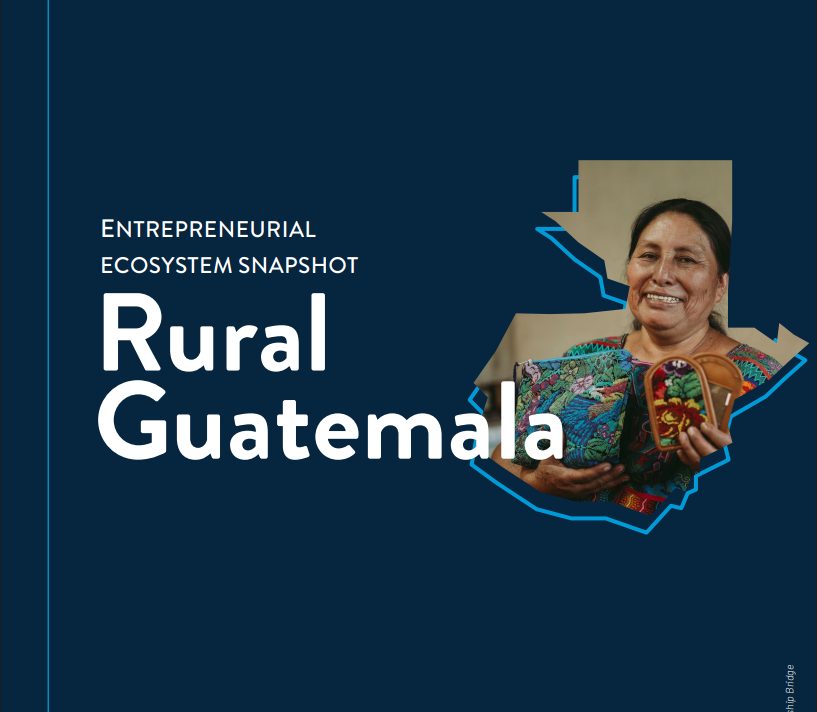
"According to a recent Global Entrepreneurship Monitor report, among Latin American countries Guatemalans are particularly likely to view entrepreneurship as a good opportunity to generate income. This report also states that the adult population in Guatemala has the right mix of knowledge, skills, and experience necessary to start a business and that few express fear of failure as an impediment to starting a business, relative to individuals in other countries in the region."
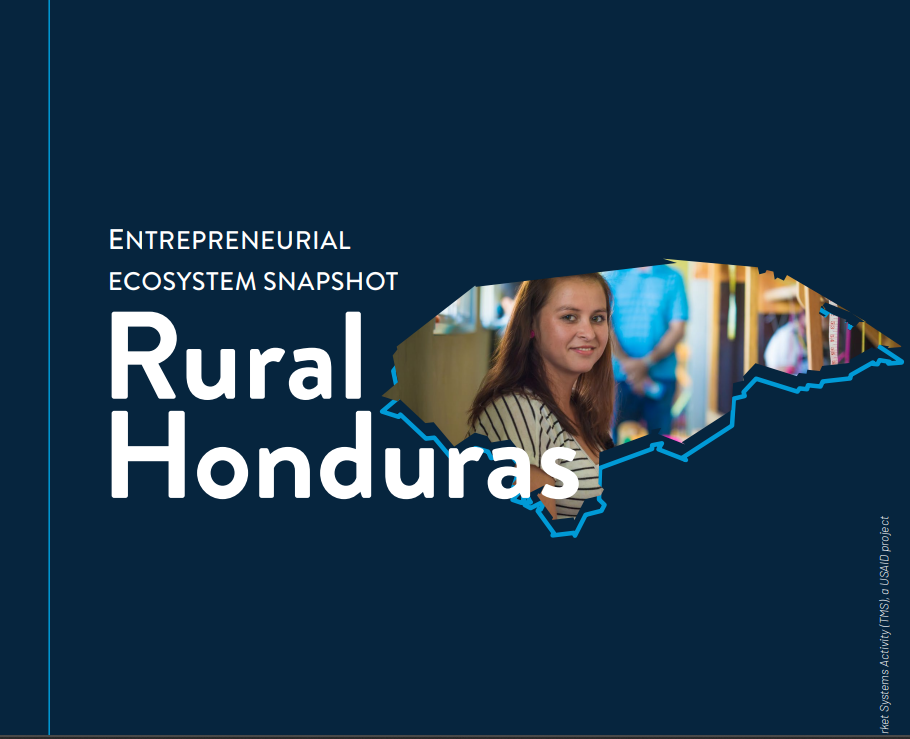
"Entrepreneurship is often touted as a solution to many economic and social development challenges that developing countries face. While Honduras lags in some key areas, including entrepreneurial attitudes, abilities, and aspirations, there is a dynamic entrepreneurial ecosystem developing to help existing MSMEs thrive and support the development of new ventures. This report aims to take stock of the current support mechanisms directed toward entrepreneurs in rural areas in Honduras. The following sections offer insights based on data collected from organizations that support entrepreneurs in rural areas of the country."
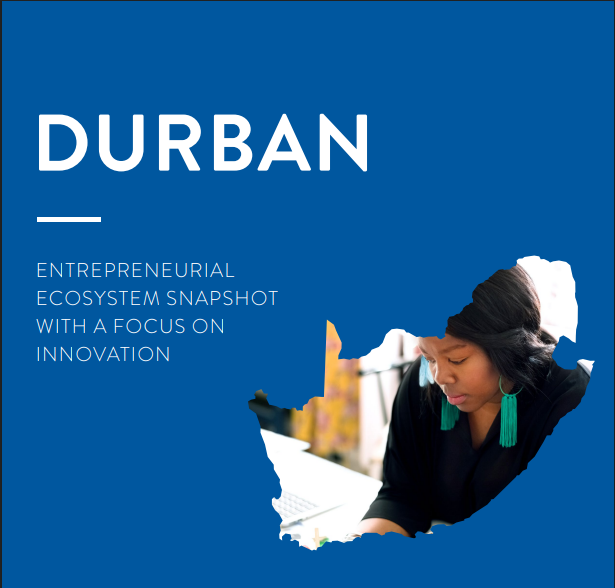
"ANDE SA, in partnership with Innovate Durban, recently completed and published an in-depth snapshot of 124 programmes providing financial and non-financial support to the small and growing business ecosystem in Durban, South Africa and compiled their findings in this report. The insights in this snapshot are derived from primary data collection from entrepreneur support providers in Durban, as well as stakeholder feedback and external research cited throughout the snapshot."
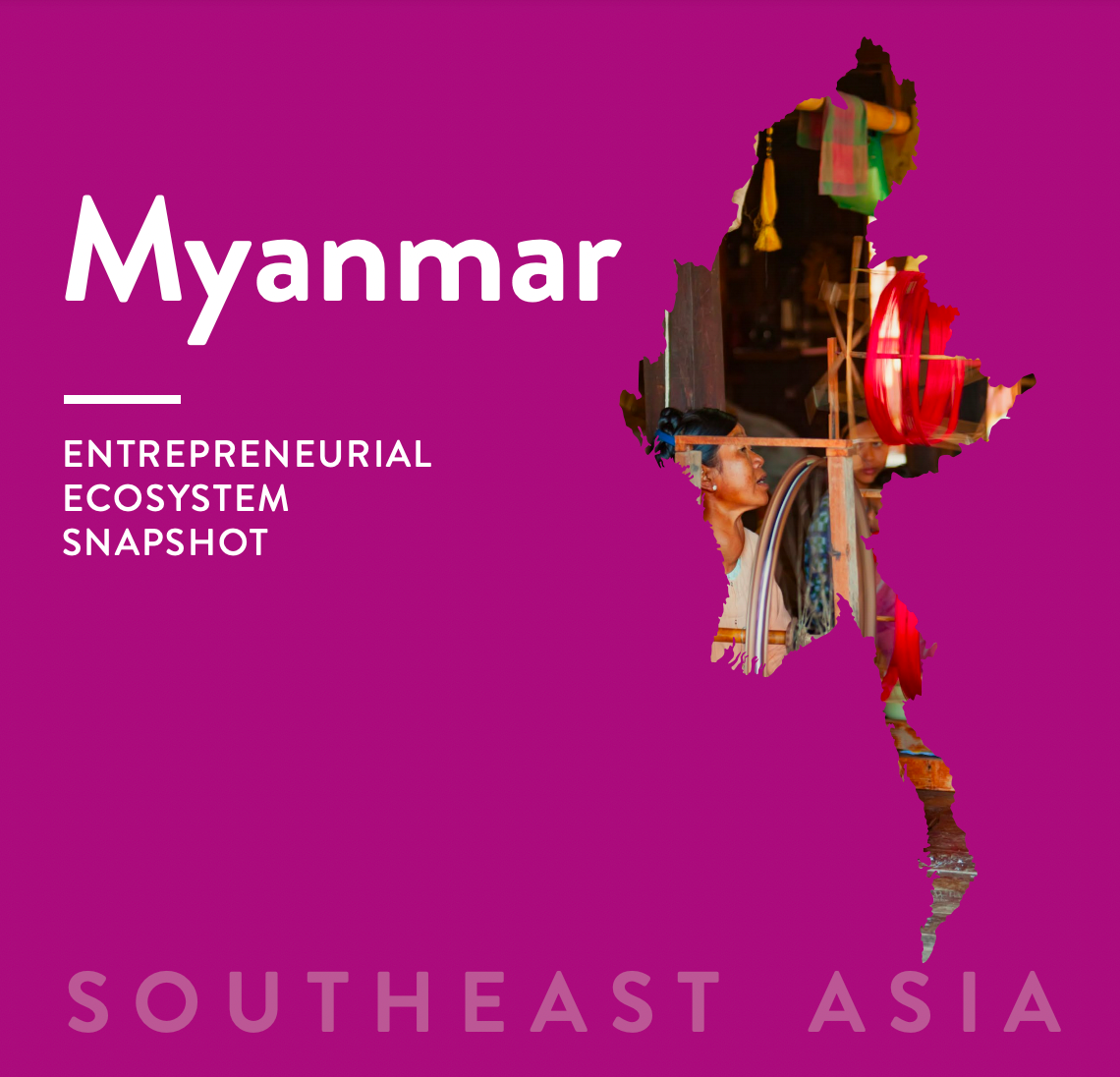
"ANDE's Ecosystem Snapshots are designed to collect basic information about the support available for small and growing businesses in a specific city or country. This information acts as a census of the local actors and represents a specific moment in time. While the results are ultimately static, ANDE's Entrepreneurial Ecosystem Snapshot methodology is iterative and practitioner-focused. Research is primarily conducted by local teams who engage practitioners throughout the process."
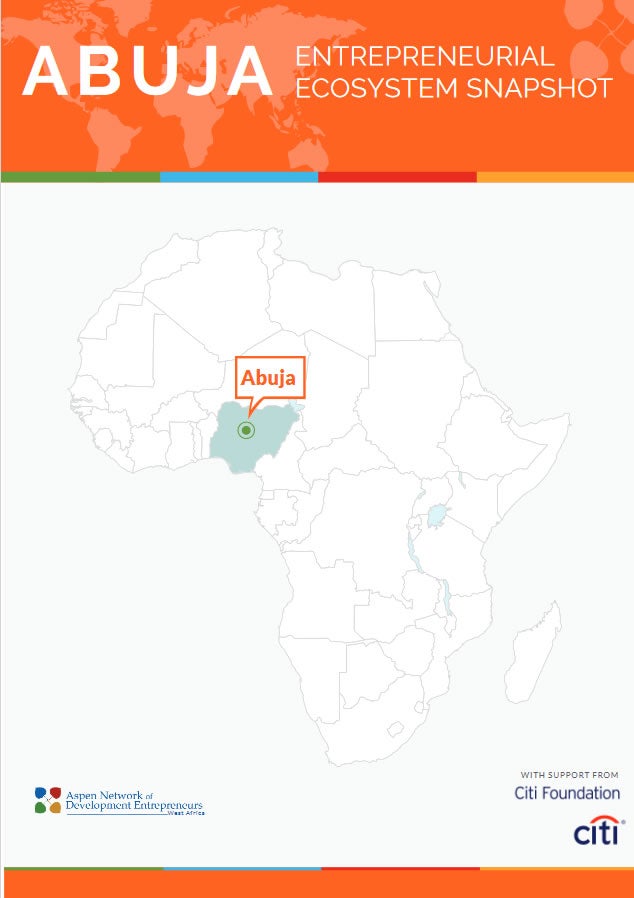
"As part of a series of ecosystem maps, with the support of the Citi Foundation, our West Africa Regional Chapter released a snapshot providing insight into the Abuja entrepreneurial ecosystems. This snapshot was produced through a review of existing literature, a series of surveys and interviews, as well as stakeholder meetings."
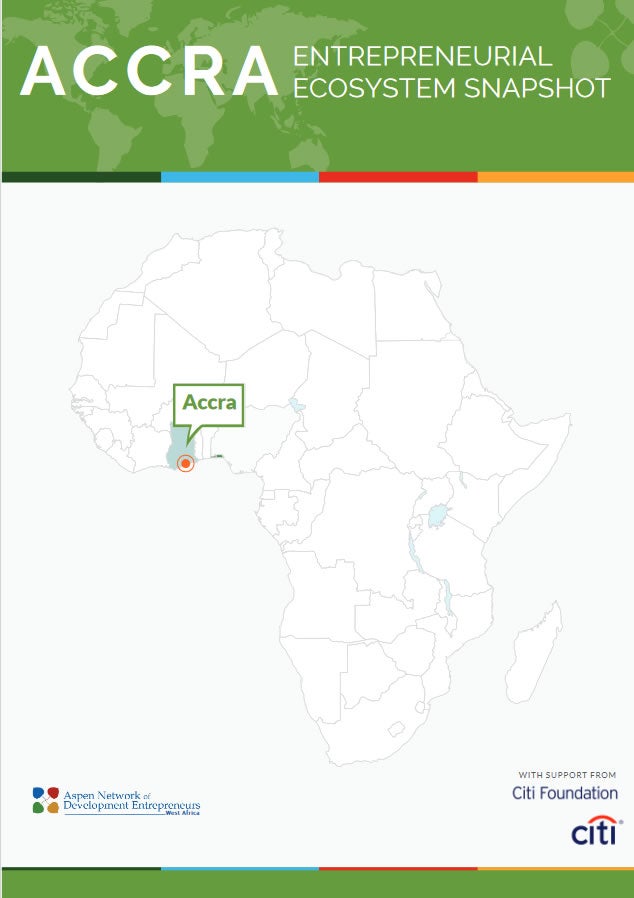
"As part of a series of ecosystem maps, with the support of the Citi Foundation, our West Africa Regional Chapter recently released a snapshot providing insight into the Lagos entrepreneurial ecosystem. This snapshot was produced through a review of existing literature, a series of surveys and interviews, as well as stakeholder meetings."
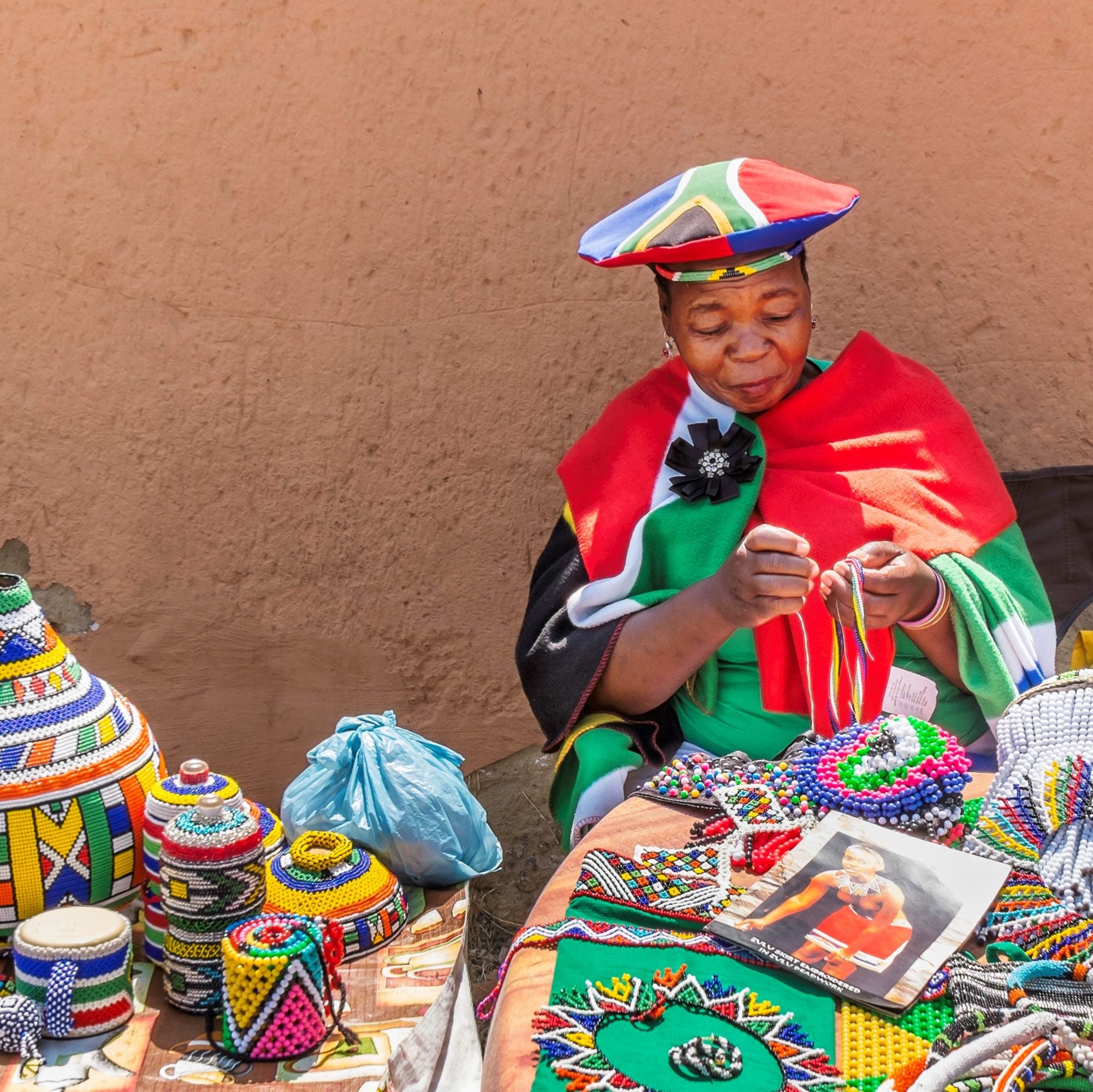
Currently there are over 500 townships in the South Africa, whose combined land mass surpasses that of Johannesburg and Durban combined and which are home to an estimated 40% of South Africa’s urban population. While more is understood about the small and growing businesses (SGBs) in metropolitan areas, less is known about the entrepreneurial ecosystems in the townships and how to support the primarily micro, necessity-based businesses that operate there. This report focuses on identifying the key actors implementing programmes to support entrepreneurs and small businesses operating in townships in the Eastern Cape, Gauteng, and Western Cape Provinces, the challenges the entrepreneurial support providers face, and the opportunities to strengthen this ecosystem.
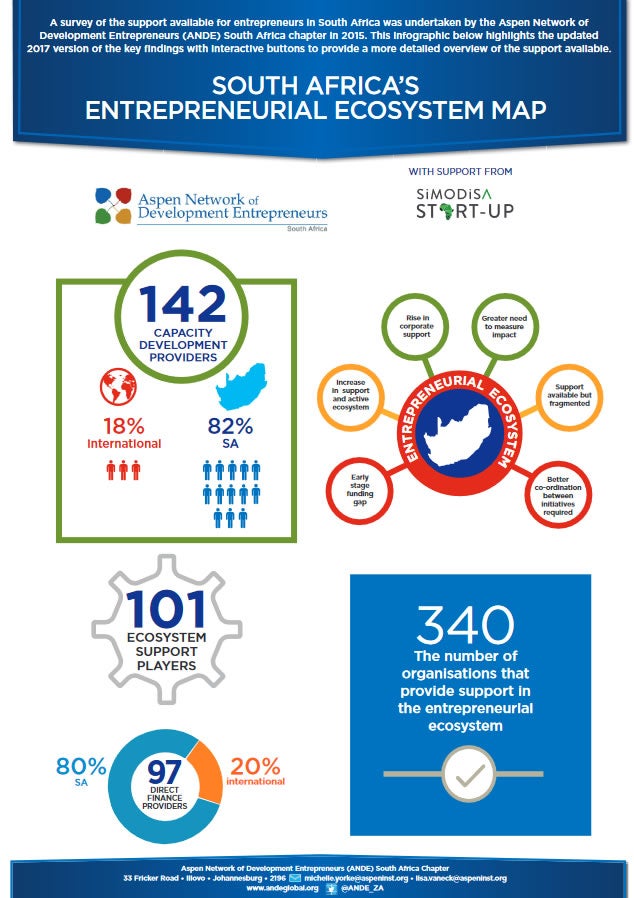
"A survey of the support available for entrepreneurs in South Africa was undertaken by the Aspen Network of Development Entrepreneurs (ANDE) South Africa chapter in 2015. This infographic below highlights the updated 2017 version of the key fi ndings with interactive buttons to provide a more detailed overview of the support available."
Historical Ecosystem Maps
Below are previous ecosystem maps conducted by ANDE:


